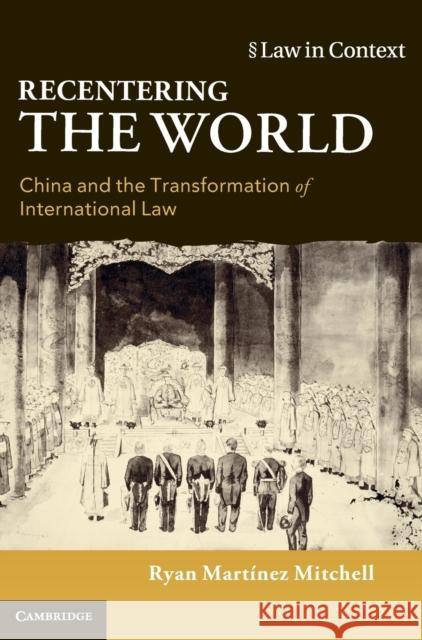Recentering the World » książka
topmenu
Recentering the World
ISBN-13: 9781108498968 / Angielski / Twarda / 2022
Recentering the World
ISBN-13: 9781108498968 / Angielski / Twarda / 2022
cena 462,85
(netto: 440,81 VAT: 5%)
Najniższa cena z 30 dni: 459,67
(netto: 440,81 VAT: 5%)
Najniższa cena z 30 dni: 459,67
Termin realizacji zamówienia:
ok. 16-18 dni roboczych.
ok. 16-18 dni roboczych.
Darmowa dostawa!
A comprehensive new account of China's entry into the global legal order and its role in helping to reshape it.











